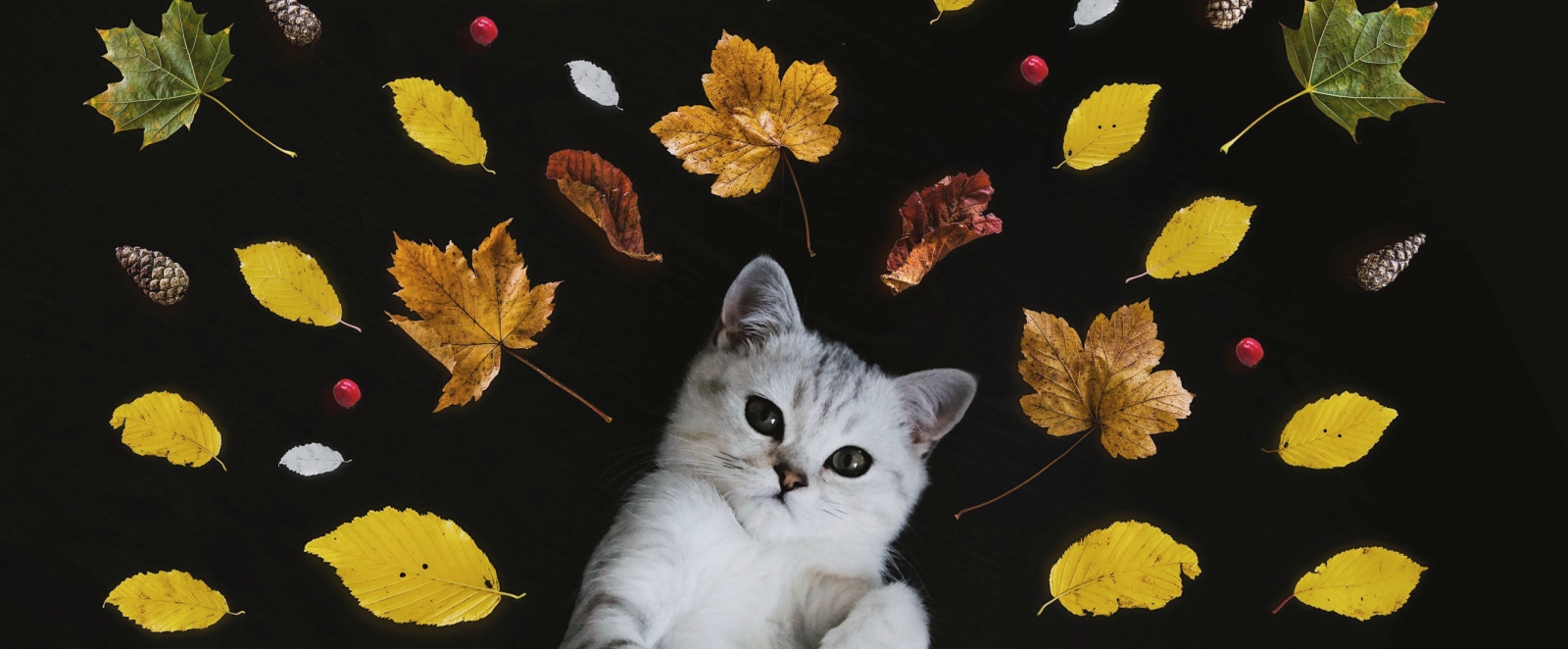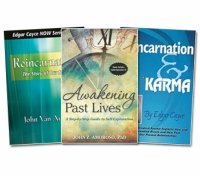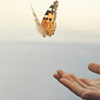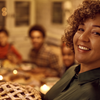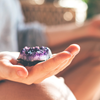As we gather for holiday celebrations and join in our traditions, we can become so distracted by decorating and entertaining that we might forget the many ways our holiday festivities may adversely affect our pets.
For example, many young or curious pets like to experience new things in their environment by chewing on them. This can be a real problem when it comes to decorative plants. The beautiful Poinsettia is mildly toxic and may cause vomiting when ingested, but is not deadly. Mistletoe and Holly are more dangerous. Besides causing severe vomiting and diarrhea, if enough of their leaves or berries are eaten, seizures and death may result. Lilies of all varieties are highly toxic for our feline friends. Consuming even small amounts can lead to death from renal failure. Even the Christmas tree itself is considered mildly toxic. Fir tree oils irritate the mouth and stomach causing drooling and vomiting in both dogs and cats.
Holiday decorations can sometimes be tempting play things for dogs and cats alike. Be sure to read the warning labels on products like spray-on snow. Also, never put ribbons around your pet’s neck or allow them to play with plastic or foil wrappings. Icicle type tinsel and ribbons are especially dangerous for cats because in the course of playing with them, they will often swallow the decoration, which can lodge in the intestine causing a blockage. Even the additional electrical cords we run everywhere this time of year are hazardous; their sharp teeth can easily puncture the insulation, causing electrocution.
Be aware that some foods and treats that are safe for people can be harmful to pets. Chocolate contains both theobromine and caffeine, which can cause hyperactivity, tremors, and even death. Baker’s and dark chocolate are the most toxic but milk chocolate can be dangerous if large amounts are eaten. It takes only eight ounces of milk chocolate to sicken a 50-pound dog where just one ounce of baker’s chocolate will have the same effect.
Another toxin from the food category is xylitol. This artificial sweetener is commonly found in sugar-free candies and gums but might also be hidden in unexpected places like peanut butter and toothpaste. If eaten by your pet, xylitol can lower the blood glucose to dangerously low levels and damage the liver. Be sure to keep all candy out of the reach of your dogs and cats. Other foods that cause problems for pets: grapes, raisins, garlic, onions, and macadamia nuts can be toxic to dogs and cats.
Do not feed your dog fatty table scraps or cooked bones. This practice can be life-threatening and often leads to severe vomiting and diarrhea. GI upset is the most common reason for emergency veterinary visits around the holidays. In fact, the lower intestinal eruptions caused by such dietary indiscretion has led veterinarians to rename the day after Thanksgiving “Brown Friday.”
If your pet does manage to get into something harmful, call your veterinarian or poison control center right away to find out what you can do to help. It is a good policy to keep these numbers readily available since the best time to plan for an emergency is before something bad happens.
As you entertain guests for holiday fun, realize that visitors, especially children, may not understand how to best interact with your pet. Also, be responsive to the possibility that your animal companion may not appreciate dealing with strangers in the house. If you mix these ingredients together and add a dash of adult distraction, you have a perfect recipe for holiday disaster. (A dish best left unserved.) In some cases, it is better to keep your pet in another room, away from guests, depending on your animal’s needs.
Pets are an important part of the family and it is wonderful to include them in holiday traditions. Many people these days even give their dogs and cats presents to unwrap with everyone else. May a word to the wise be sufficient. Before the celebration begins, I invite you to take time to consider the holidays from your pet’s perspective. Understanding your four-legged friends and taking a few precautions will lead to a safer and more joyful holiday season for all.
Excerpted from Oct-Dec 2017 Venture Inward magazine.


